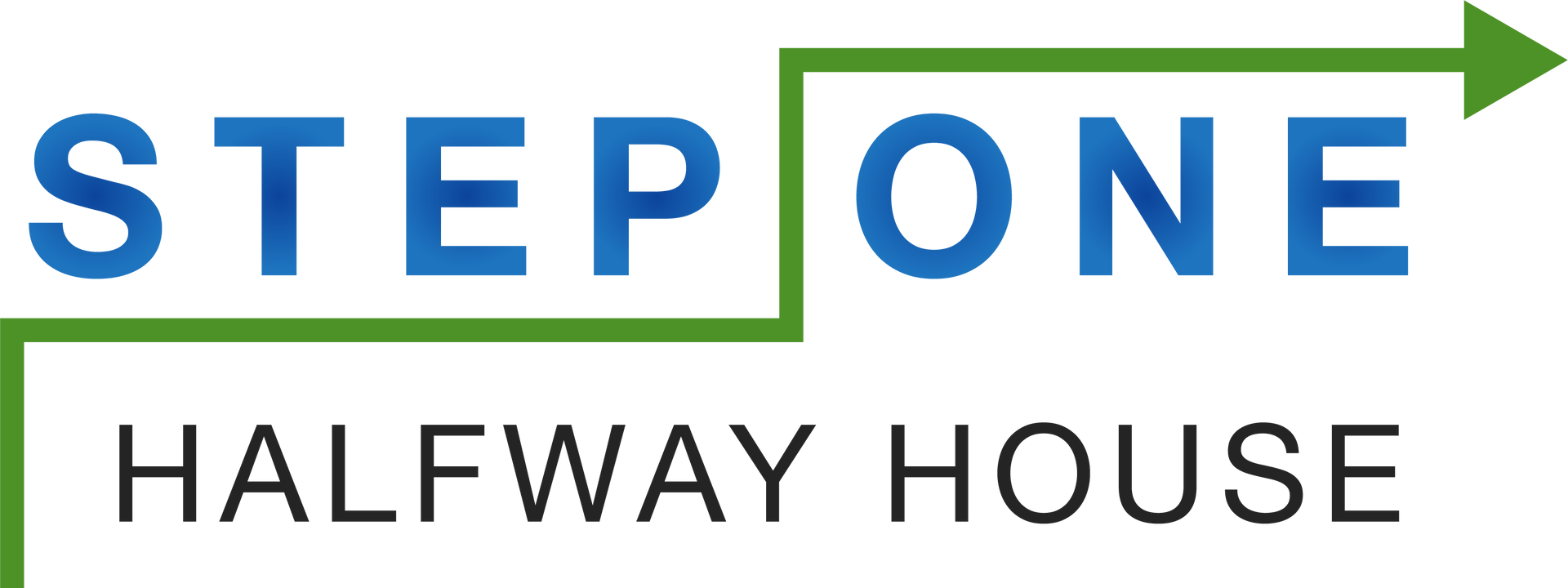Resident Transition Program
Connecting Residents with Community Resources
The Resident Transition Program is an optional, off-site resource directory for individuals moving from transitional housing into independent living. While Step One Halfway House provides housing only, we recognize that residents may benefit from outside community services during this stage of their recovery journey.
This program is strictly voluntary and completely separate from Step One Halfway House housing.
Resident Transition Program
Connecting Residents with Community Resources
The Resident Transition Program is an optional, off-site resource directory for individuals moving from transitional housing into independent living. While Step One Halfway House provides housing only, we recognize that residents may benefit from outside community services during this stage of their recovery journey.
This program is strictly voluntary and completely separate from Step One Halfway House housing.
Purpose of the Resident Transition Program
Transitioning from housing into independent living can bring new responsibilities and challenges, such as:
- Securing and maintaining employment
- Managing personal finances
- Locating long-term housing
- Accessing transportation
- Building social connections in the community
The Resident Transition Program helps individuals by connecting them to existing community resources that address these needs.
What the Program Provides
The Resident Transition Program does not provide treatment or peer support. Instead, it offers:
- Referrals to Community Services – Local organizations that provide counseling, healthcare, and wellness resources.
- Employment & Education Links – Job boards, training programs, GED prep, and vocational opportunities available in Maricopa County.
- Housing Referrals – Information on long-term and supportive housing options.
- Life Resources – Budgeting tools, transportation assistance programs, and access to food banks or clothing closets.
Community Impact Program
Individuals who actively pursue these external resources may qualify for additional Community Impact Program connections, such as:
- Workforce development opportunities
- Transitional ¾ housing options
- Access to mentorship programs run by outside community partners
Resident Choice
Participation in the Resident Transition Program is
completely voluntary and is
not a requirement for residency at Step One Halfway House. Housing is never dependent on program involvement.
We will assist you in developing tools that will help you:
“Identify habits or situations that may create setbacks in housing or employment stability.”
“Recognize daily routines that support long-term independence.”
“Learn to spot challenges that could disrupt progress toward stable housing or financial security.”
“Develop tools for managing responsibilities like bills, chores, and schedules.”
“Learn ways to stay consistent with work, housing, and community expectations.”
“Practice habits that make it easier to keep a job and pay rent on time.”









